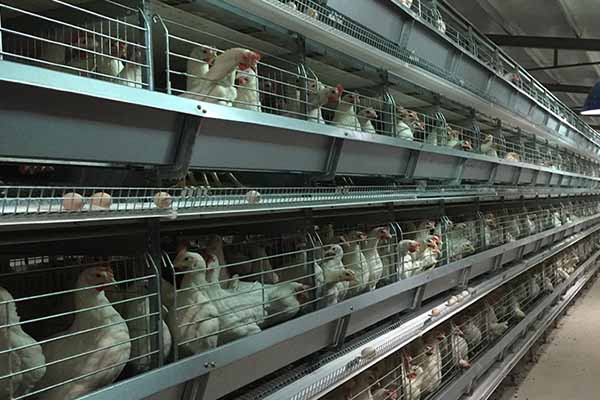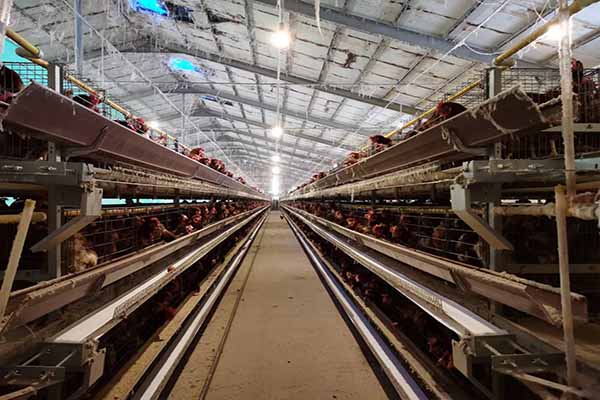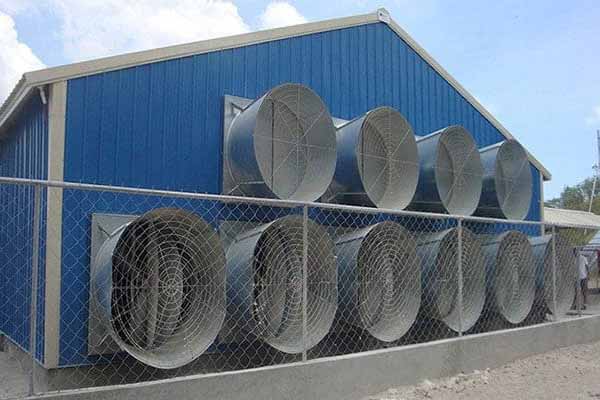Poultry Waste Management Solutions: Effective Strategies for Chicken Farm Owners
Effective poultry waste management is crucial for the sustainability and profitability of chicken farming operations. This article explores various solutions to manage poultry waste efficiently, ensuring a cleaner and more productive environment for chicken farms.

Introduction to Poultry Waste Management
Poultry waste, composed of droppings, bedding materials, and feathers, can pose significant environmental and health risks if not managed properly. This section highlights the importance of proper waste management and the potential impacts of inadequate practices.
- Reduces the risk of disease transmission to both animals and humans.
- Prevents pollution of water sources and soil.
- Improves the overall hygiene and biosecurity of the farm.
Key Solutions for Poultry Waste Management
Here are some effective solutions for managing poultry waste on chicken farms:
- Composting
- Biogas Production
- Dry Manure Storage
- Integrated Solid Waste Management (ISWM)
Composting is a natural process that converts organic waste into nutrient-rich compost. It can be used as a  fertilizer for crops and helps reduce the volume of waste. A study by the University of Minnesota suggests that composting can reduce waste volume by up to 90%.
fertilizer for crops and helps reduce the volume of waste. A study by the University of Minnesota suggests that composting can reduce waste volume by up to 90%.
Biogas production involves anaerobic digestion of poultry waste to produce biogas, which can be used for heating, electricity, and cooking. This not only reduces waste but also generates renewable energy. The European Union reports that biogas production from poultry waste has increased by 20% over the past decade.
For farms with limited space, dry manure storage can be an effective solution. It involves storing manure in dry conditions, which minimizes odor and reduces the risk of disease transmission. A survey by the National Institute of Agricultural Technology indicates that 70% of chicken farms in the US use dry manure storage systems.
ISWM is a comprehensive approach that combines various waste management techniques to optimize the handling of poultry waste. This includes the use of waste-to-energy technologies, recycling, and proper disposal methods. An analysis by the International Solid Waste Association shows that ISWM can reduce waste generation by up to 50%.
Implementing Poultry Waste Management Solutions
Implementing these solutions requires careful planning and investment. Here are some key considerations:

- Assess the specific needs of your farm and choose the appropriate waste management solution.
- Invest in the necessary equipment and infrastructure to support the chosen solution.
- Train staff on proper waste management practices to ensure compliance and efficiency.
- Monitor the performance of the waste management system and make adjustments as needed.
By effectively managing poultry waste, chicken farm owners can create a more sustainable and profitable operation.
Conclusion
Effective poultry waste management is essential for the success of chicken farming operations. By implementing the right solutions, farm owners can reduce environmental impact, improve biosecurity, and enhance the overall health and productivity of their flocks.
For more information on poultry waste management solutions and to receive a free chicken farm design and equipment quote from LIVI Mechanical, please leave a comment below or contact us directly.




